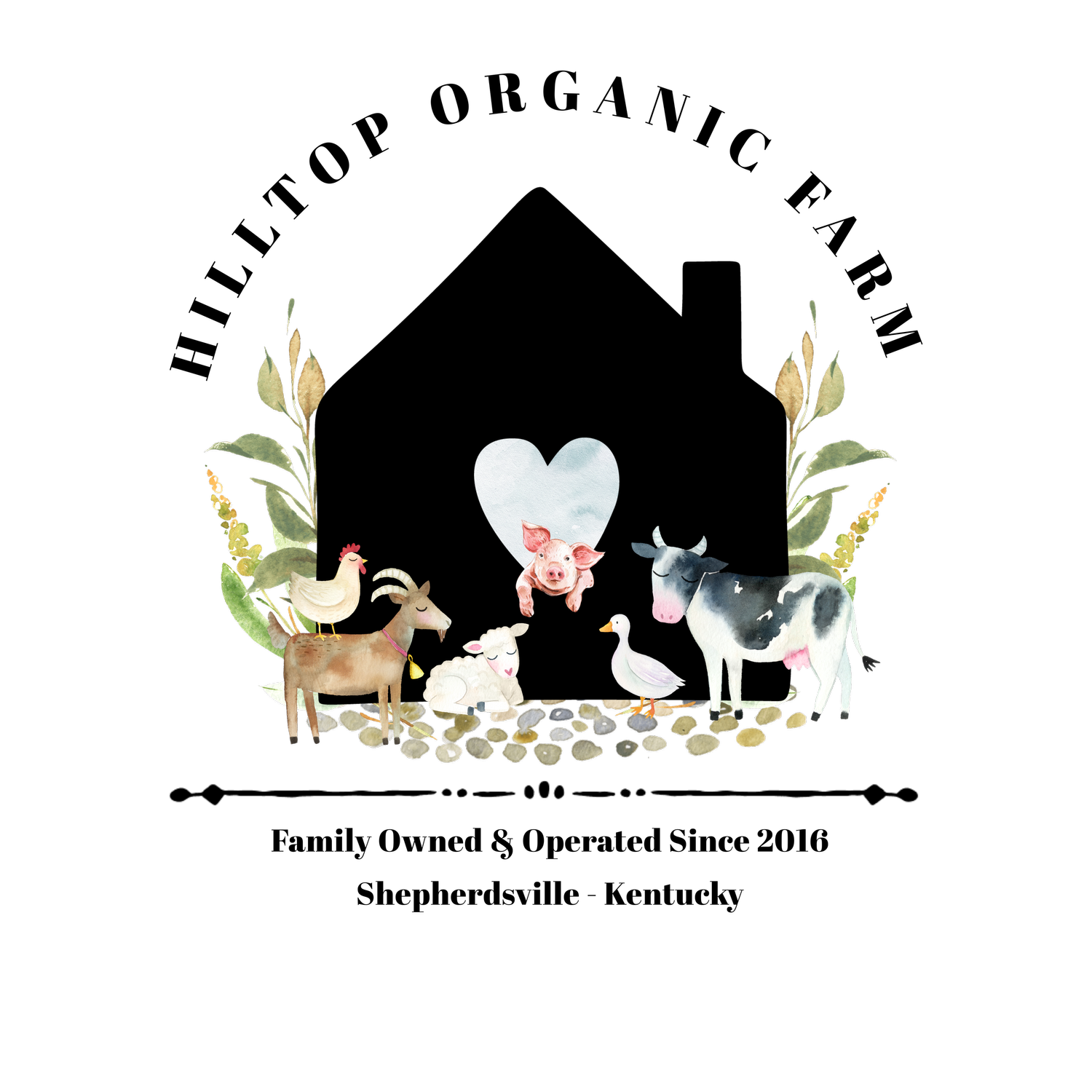Introduction
"The Omnivore's Dilemma: A Natural History of Four Meals" by Michael Pollan is not merely a book about food; it’s a profound exploration of our eating habits and the complex web that connects us to what we consume. As a small farmer, I found Pollan's insights deeply relevant, as they echo my experiences, concerns, and the realities of sustainable farming today.
Understanding Our Food Sources
Pollan meticulously dissects the journey of food from farm to table, focusing on four distinct meals that showcase various agricultural systems: industrial agriculture, industrial organic, local sustainable, and foraged foods. From my perspective as a small farmer, I often recall the summers I spent helping my grandfather in our grapes and olive tree orchard near the Mediterranean Sea. Those idyllic days instilled in me a love for nurturing crops and an appreciation for the natural world around us. Observing how the seasons dictated the harvests taught me about the delicate balance between nature and agriculture. Pollan's criticism of monoculture farming resonates with my experience; I can attest that diversity on our farm—not just in crops but also in insects and soil microorganisms—has significantly enhanced the resilience and productivity of our land.
Sustainable Practices Shine
Pollan’s portrayal of sustainable farming practices reflects an appreciation for the environment and the hard work that small farmers invest in nurturing their land. Interactions at our local farmers' market are where I find some of the most rewarding connections. Just last month, I set up my booth brimming with vibrant produce alongside cuts of pasture-raised pork, ready to share my harvest with the community. One couple, who are regulars at the market, approached me excitedly, sharing how they'd been incorporating my products into their meals. They recounted their recent barbecue where they used my sausages, stating that using fresh, locally sourced meat improved their family’s meal quality greatly. They noted that not only did the food taste better, but they also felt healthier overall, which aligns beautifully with Pollan’s assertions about the health impacts of eating locally and sustainably. Such interactions capture the essence of what Pollan emphasizes throughout his book—the importance of creating connections between eaters and producers while fostering a sense of community through food.
Ethical Eating
In "The Omnivore's Dilemma," Pollan addresses ethical considerations regarding food choices. He encourages readers to reflect on the morality of their diets, particularly concerning animal welfare in industrial systems. As a pasture-based livestock farmer, I frequently think back to the time I constructed a rotating system for my pigs, allowing them to forage and roam freely. Understanding the meaning behind rotational grazing brought a new level of consciousness to my operation, ensuring that my animals had access to fresh grass and bugs while contributing positively to the soil. Witnessing how happy my pigs are in their natural habitat brings me joy, driving home Pollan’s point about humane treatment being intrinsic to responsible farming.
During market days, I often chat with customers who inquire about my farming practices. One elderly gentleman once shared how he used to raise his own pigs and lamented the changes in farming over the decades. His eyes lit up when I explained how my methods promote animal welfare and environmental stewardship—reminding me of Pollan's advocacy for transparency in food sourcing. These interactions reinforce a collective understanding of ethical eating and weave together a community that values humane practices.
A Call for Awareness
One of Pollan's most poignant arguments revolves around the impact of food choices on health and the environment. He prompts readers to become informed eaters, a notion I fully support. For instance, studies indicate that pasture-raised meats contain higher levels of omega-3 fatty acids and lower levels of saturated fats compared to conventional meat. This difference contributes not only to improved heart health but also supports cognitive function. Additionally, consuming local fruits and vegetables means you’re likely enjoying produce that was harvested at peak ripeness, leading to higher nutrient density. Research shows that freshly harvested produce delivers more vitamins and minerals, which are vital for our immune systems and overall well-being. Furthermore, a diet rich in fiber from fruits, vegetables, and whole grains can reduce the risk of developing chronic diseases like Type 2 diabetes, heart disease, and certain cancers.
For example, certain studies have demonstrated that a high-fiber diet can help regulate blood sugar levels, thus mitigating insulin resistance and supporting metabolic health. I’ve noticed many of my customers embracing this knowledge, opting for fresh, local produce that’s available at the farmers' market rather than processed options. Lately, at one of the farm-to-table dinner events our city hosted, attendees enjoyed dishes prepared with seasonal vegetables and my pasture-raised pork. The lively conversations that ensued highlighted the health benefits of sourcing food locally and sustainably, reflecting the growing understanding that proper nutrition starts with where our food comes from. Pollan’s message about understanding where your food comes from fosters pride in farming sustainably while encouraging consumers to shift their purchasing habits toward local and organic options.
Conclusion
In conclusion, "The Omnivore's Dilemma" stands out as a crucial read for anyone interested in the relationships between food, culture, and farming. Its detailed exploration provides illuminating perspectives that resonate well with small farmers like me. Pollan's engaging writing encourages a deeper consciousness about our food systems, promoting healthier and more sustainable choices. For anyone consuming food in today's world, knowing the story behind our meals means we can all contribute to a better future for our plates and our planet.
Final Thoughts
As we continue farming and shaping our local food landscapes, the lessons in Pollan’s work will remain pertinent. Embracing the philosophy of mindful eating, integrating personal stories, and supporting local farmers can lead to a truly sustainable food system where everyone wins—consumers, farmers, and the Earth itself.

